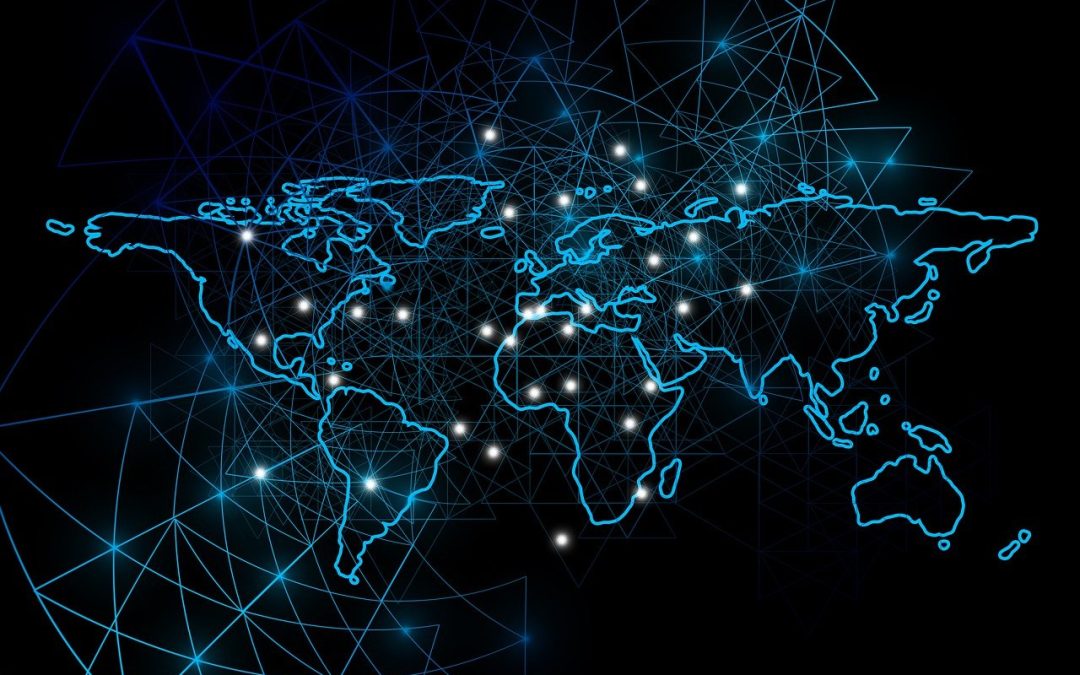In recent years, there have been several key trends that have been shaping the future of various industries. These trends have the potential to significantly impact the way businesses operate and thrive in the coming years. In this article, we will analyze these trends and provide insights into their potential future implications.
1. Artificial Intelligence (AI)
Artificial Intelligence has been gaining momentum in recent years, and its potential for transforming industries is vast. AI-powered automation is already being implemented in various sectors, such as manufacturing, healthcare, and finance. As the technology continues to advance, we can expect to see AI play an even more significant role in decision-making processes, customer service, and predictive analytics.
One potential future trend related to AI is the rise of autonomous vehicles. Companies like Tesla and Waymo have already made significant strides in developing self-driving cars. As technology and regulations continue to evolve, we may eventually see autonomous vehicles becoming mainstream, revolutionizing the transportation industry and reducing traffic congestion and accidents.
Another area where AI is expected to make an impact is healthcare. With the abundance of data available, AI algorithms can assist in diagnosing diseases, predicting patient outcomes, and even suggesting personalized treatment plans. This can lead to more accurate and efficient healthcare delivery, potentially saving lives and reducing costs.
2. Internet of Things (IoT)
The Internet of Things is another trend that is poised to shape the future. By connecting everyday objects to the internet, IoT enables the seamless exchange of data, leading to improved efficiency and convenience. IoT devices can range from smart home appliances to industrial sensors that monitor and optimize production processes.
In the future, we can expect to see IoT becoming more prevalent in our daily lives. Our homes will be filled with smart devices that can communicate with each other and be controlled remotely. For businesses, IoT can bring significant benefits such as real-time monitoring of inventory levels, predictive maintenance of equipment, and improved supply chain management.
One potential future trend related to IoT is the emergence of smart cities. With sensors and connected devices embedded throughout the urban landscape, cities can collect and analyze data to optimize energy usage, reduce traffic congestion, and enhance citizen safety. Smart cities have the potential to revolutionize urban living and create more sustainable and livable environments.
3. Blockchain Technology
Blockchain technology, initially known for its association with cryptocurrencies like Bitcoin, has now expanded its applications beyond finance. Blockchain is essentially a decentralized and immutable ledger that provides trust, security, and transparency in various transactions and processes.
In the future, blockchain technology may disrupt traditional industries, such as supply chain management and real estate. By providing an unmodifiable record of transactions, blockchain can enhance transparency and reduce fraud in supply chains, ensuring the authenticity and provenance of products. In the real estate industry, blockchain can simplify property transactions, reduce paperwork, and increase efficiency.
Another potential future trend related to blockchain is the tokenization of assets. With the rise of blockchain-based platforms, individuals and businesses can tokenize physical and digital assets, making them divisible and tradable. This opens up new investment opportunities and liquidity for previously illiquid assets, such as real estate, art, and intellectual property.
Conclusion
The future is undoubtedly exciting, with several emerging trends poised to reshape industries. Artificial Intelligence, the Internet of Things, and Blockchain Technology are just a few of the key trends to watch out for. As businesses adapt to these trends, they need to stay informed and embrace the potential that these technologies offer. By keeping an eye on these trends and strategically implementing them, businesses can gain a competitive advantage and thrive in an increasingly digital and connected world.
References:
- Elmasri, M., Alhajj, R., Kobti, Z., & Mirzaei, T. (2019). Internet of Things (IoT) and Its Impact on Our Society. In Computation, Intelligence, and Biomedical Systems (pp. 1-33). Springer, Cham.
- Honeywell. (2021). Artificial Intelligence and the Future of Business. Retrieved from https://www.honeywell.com/us/en/newsroom/news/2021/01/ai-the-future-of-business
- Swan, M. (2015). Blockchain: Blueprint for a new economy. “O’Reilly Media, Inc.”
“The future is undoubtedly exciting, with several emerging trends poised to reshape industries. Artificial Intelligence, the Internet of Things, and Blockchain Technology are just a few of the key trends to watch out for.”
